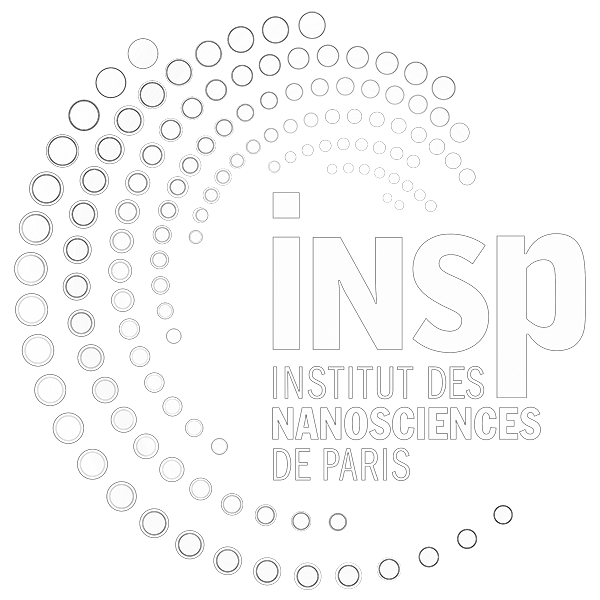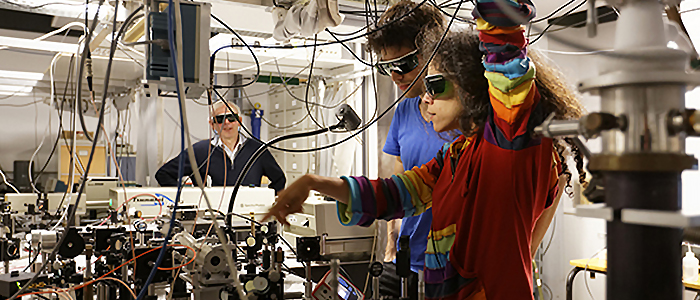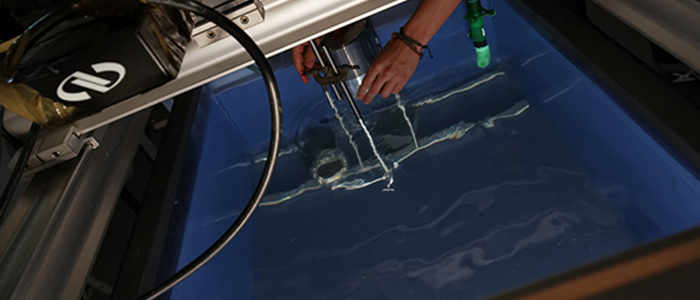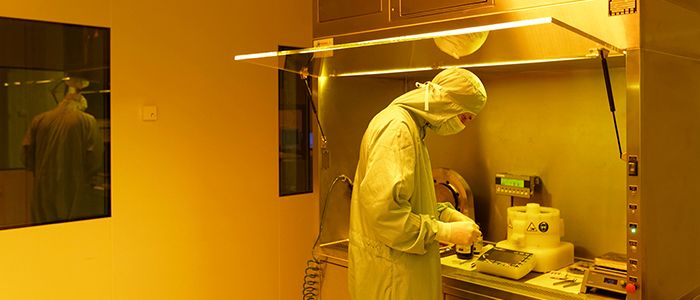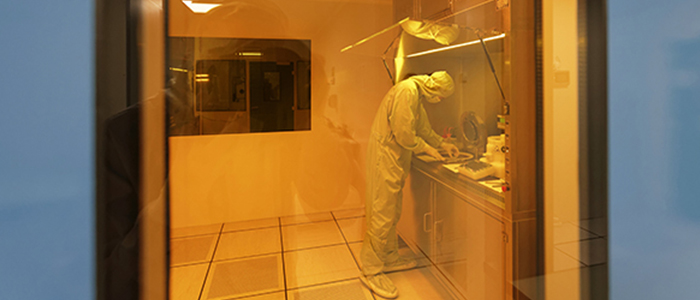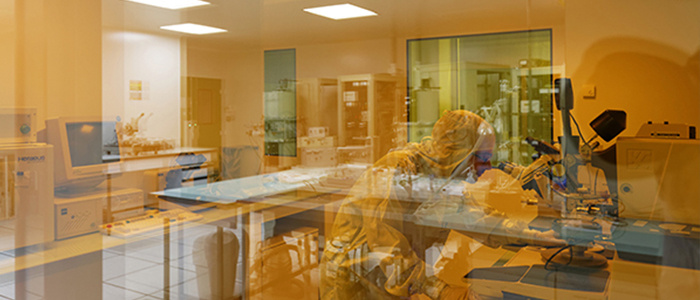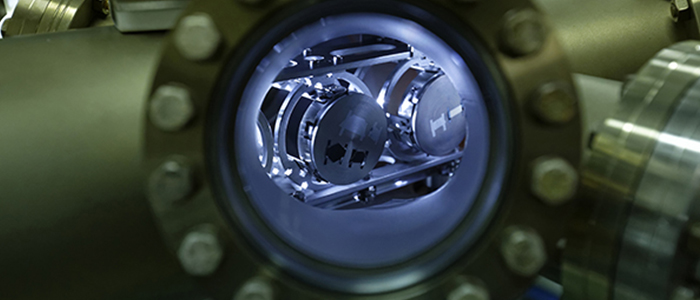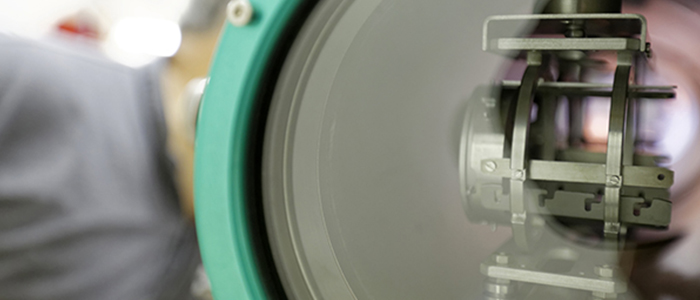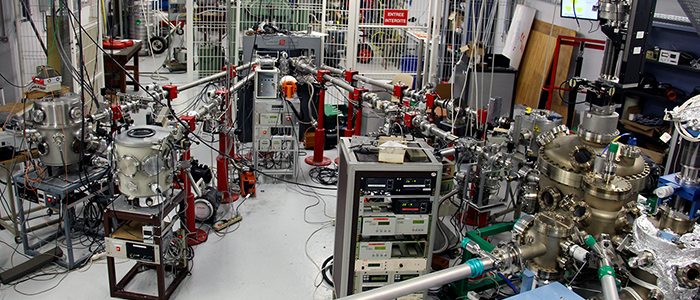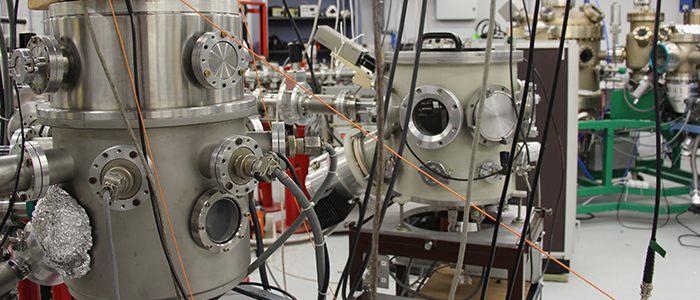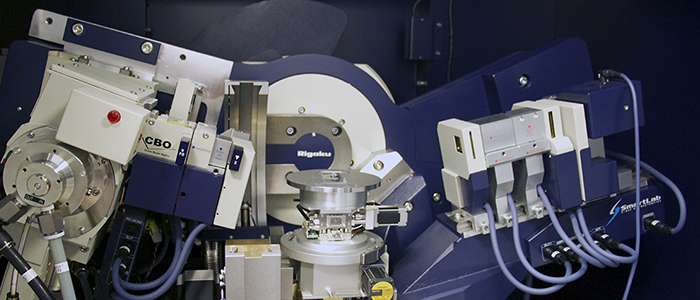Director of the INSP: Geoffroy Prévot, Senior Scientist CNRS.
The Institute of NanoSciences of Paris (INSP) is a joint research unit of CNRS and Sorbonne University. Created on January 1, 2005, it brings together teams from four condensed matter physics laboratories on the Pierre et Marie Curie campus.
The objective of nanoscience is to observe, understand, control and use the changes in properties that occur when the size of an object is reduced. Over the last few decades, the development of manufacturing, visualization and manipulation methods, first on the micrometer scale, then on the nanometer scale, have opened the doors to a new world rich in astonishing discoveries.
The boundaries of this nanoworld are not rigidly fixed by the nanometer scale: they depend strongly on the object/phenomenon pair considered. For each object and each phenomenon (physical, chemical, biochemical…), the dimension at which a change in behavior becomes perceptible is not fixed by the absolute size of the object but by its size relative to the extent (the characteristic length) of the phenomenon considered. Confinement effects then become more or less pronounced when the ratio between these two quantities is greater or lesser.
The INSP brings together a wide range of skills, both in terms of fabrication means (aggregate growth, self-organization, molecular jet epitaxy, laser ablation, lithography…) and characterization and study means (spectroscopies, high-resolution microscopies, local probes, fast and multicharged ion sources, numerical simulation…). Its thematic richness results from the collaboration of researchers with expertise in condensed matter physics, optics, acoustics, atomic and molecular physics, and chemistry, both in the experimental and theoretical domains.
Although the scientific objectives of the INSP are at the heart of fundamental research in nanoscience, there is no shortage of opportunities in various fields of application: optoelectronics and telecommunications, spin electronics, earth sciences, the environment, catalysis, and medical diagnostics.
The professors and researchers of the institute are involved at several levels in the teaching of physics, mainly at Sorbonne University. They are responsible in particular for the Licence 3 and Master 2. Thus, the INSP teams welcome students from several doctoral schools of Paris Centre (“Physics, from the particle to the solid, models and experiments”, “Physics and Chemistry of Materials”, “Physics of the Paris region”, “Mechanical Sciences, Acoustics and Electronics of Paris”, “Elementary Constituents – Complex Systems”).
